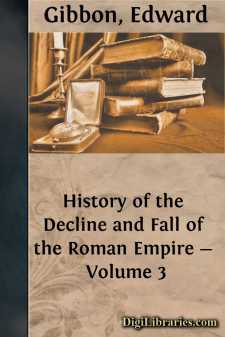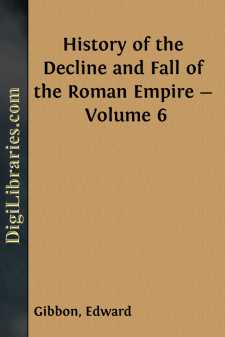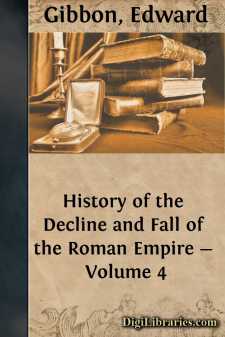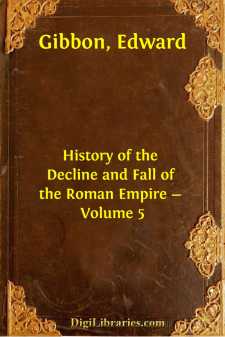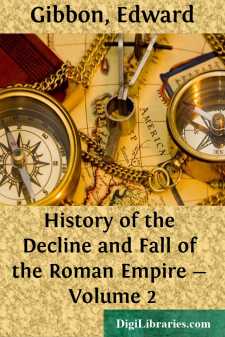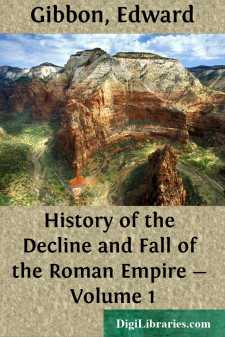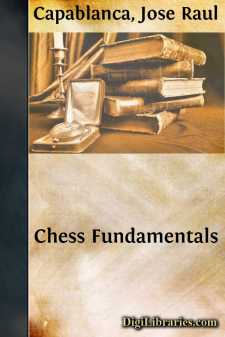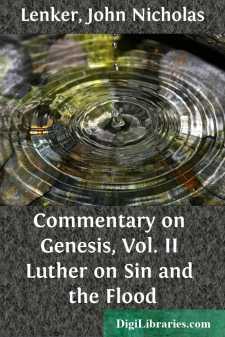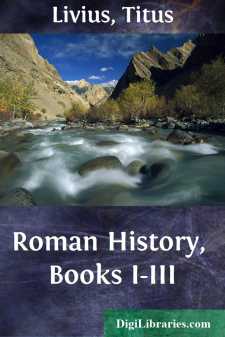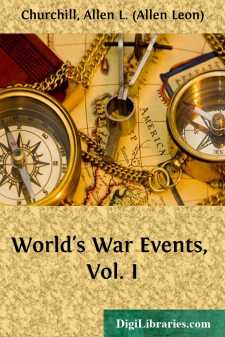Categories
- Antiques & Collectibles 13
- Architecture 36
- Art 48
- Bibles 22
- Biography & Autobiography 813
- Body, Mind & Spirit 142
- Business & Economics 28
- Children's Books 17
- Children's Fiction 14
- Computers 4
- Cooking 94
- Crafts & Hobbies 4
- Drama 346
- Education 46
- Family & Relationships 57
- Fiction 11829
- Games 19
- Gardening 17
- Health & Fitness 34
- History 1377
- House & Home 1
- Humor 147
- Juvenile Fiction 1873
- Juvenile Nonfiction 202
- Language Arts & Disciplines 88
- Law 16
- Literary Collections 686
- Literary Criticism 179
- Mathematics 13
- Medical 41
- Music 40
- Nature 179
- Non-Classifiable 1768
- Performing Arts 7
- Periodicals 1453
- Philosophy 64
- Photography 2
- Poetry 896
- Political Science 203
- Psychology 42
- Reference 154
- Religion 513
- Science 126
- Self-Help 84
- Social Science 81
- Sports & Recreation 34
- Study Aids 3
- Technology & Engineering 59
- Transportation 23
- Travel 463
- True Crime 29
History of the Decline and Fall of the Roman Empire - Volume 3
by: Edward Gibbon
Categories:
Description:
Excerpt
Chapter XXVII: Civil Wars, Reign Of Theodosius.—Part I.
Death Of Gratian.—Ruin Of Arianism.—St. Ambrose.—First
Civil War, Against Maximus.—Character, Administration, And
Penance Of Theodosius.—Death Of Valentinian II.—Second
Civil War, Against Eugenius.—Death Of Theodosius.
The fame of Gratian, before he had accomplished the twentieth year of his age, was equal to that of the most celebrated princes. His gentle and amiable disposition endeared him to his private friends, the graceful affability of his manners engaged the affection of the people: the men of letters, who enjoyed the liberality, acknowledged the taste and eloquence, of their sovereign; his valor and dexterity in arms were equally applauded by the soldiers; and the clergy considered the humble piety of Gratian as the first and most useful of his virtues. The victory of Colmar had delivered the West from a formidable invasion; and the grateful provinces of the East ascribed the merits of Theodosius to the author of his greatness, and of the public safety. Gratian survived those memorable events only four or five years; but he survived his reputation; and, before he fell a victim to rebellion, he had lost, in a great measure, the respect and confidence of the Roman world.
The remarkable alteration of his character or conduct may not be imputed to the arts of flattery, which had besieged the son of Valentinian from his infancy; nor to the headstrong passions which the that gentle youth appears to have escaped. A more attentive view of the life of Gratian may perhaps suggest the true cause of the disappointment of the public hopes. His apparent virtues, instead of being the hardy productions of experience and adversity, were the premature and artificial fruits of a royal education. The anxious tenderness of his father was continually employed to bestow on him those advantages, which he might perhaps esteem the more highly, as he himself had been deprived of them; and the most skilful masters of every science, and of every art, had labored to form the mind and body of the young prince. The knowledge which they painfully communicated was displayed with ostentation, and celebrated with lavish praise. His soft and tractable disposition received the fair impression of their judicious precepts, and the absence of passion might easily be mistaken for the strength of reason. His preceptors gradually rose to the rank and consequence of ministers of state: and, as they wisely dissembled their secret authority, he seemed to act with firmness, with propriety, and with judgment, on the most important occasions of his life and reign. But the influence of this elaborate instruction did not penetrate beyond the surface; and the skilful preceptors, who so accurately guided the steps of their royal pupil, could not infuse into his feeble and indolent character the vigorous and independent principle of action which renders the laborious pursuit of glory essentially necessary to the happiness, and almost to the existence, of the hero. As soon as time and accident had removed those faithful counsellors from the throne, the emperor of the West insensibly descended to the level of his natural genius; abandoned the reins of government to the ambitious hands which were stretched forwards to grasp them; and amused his leisure with the most frivolous gratifications....


